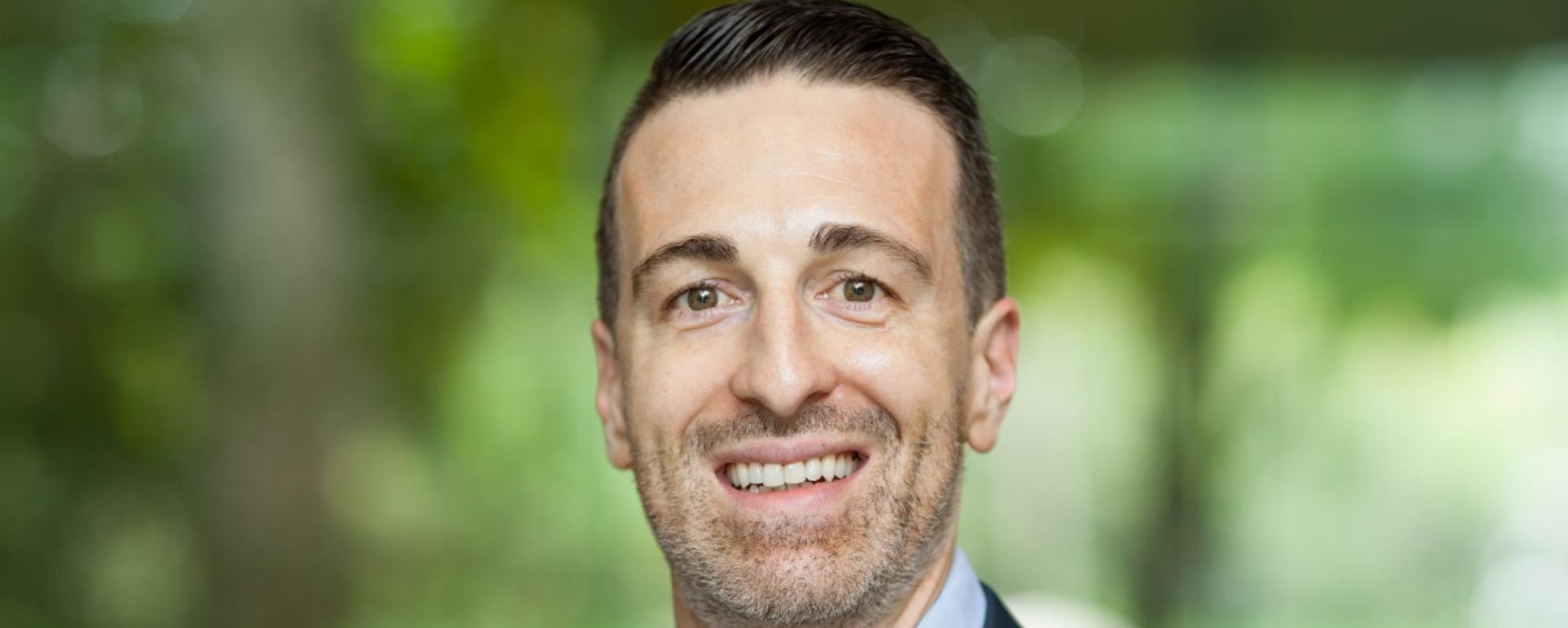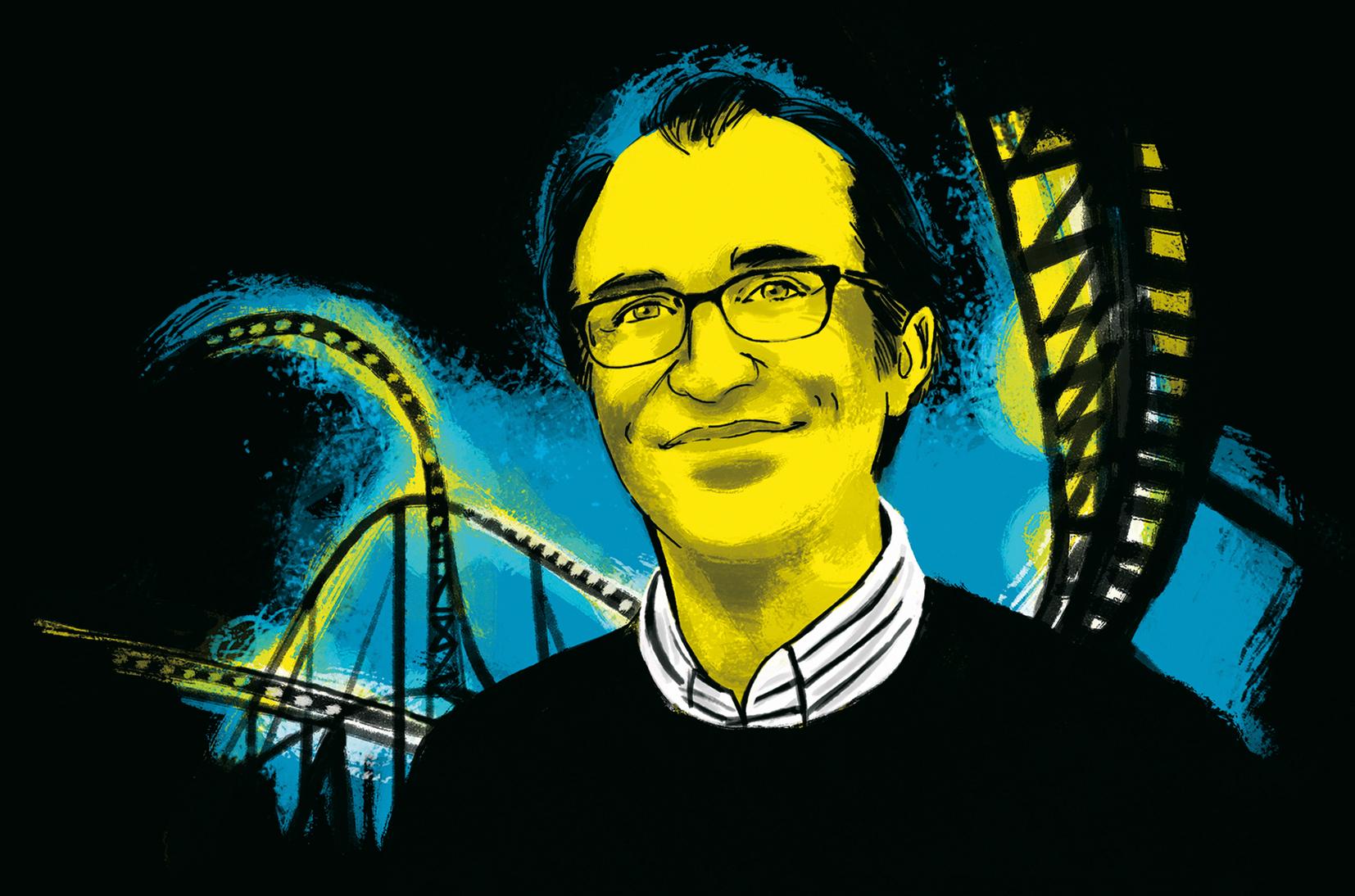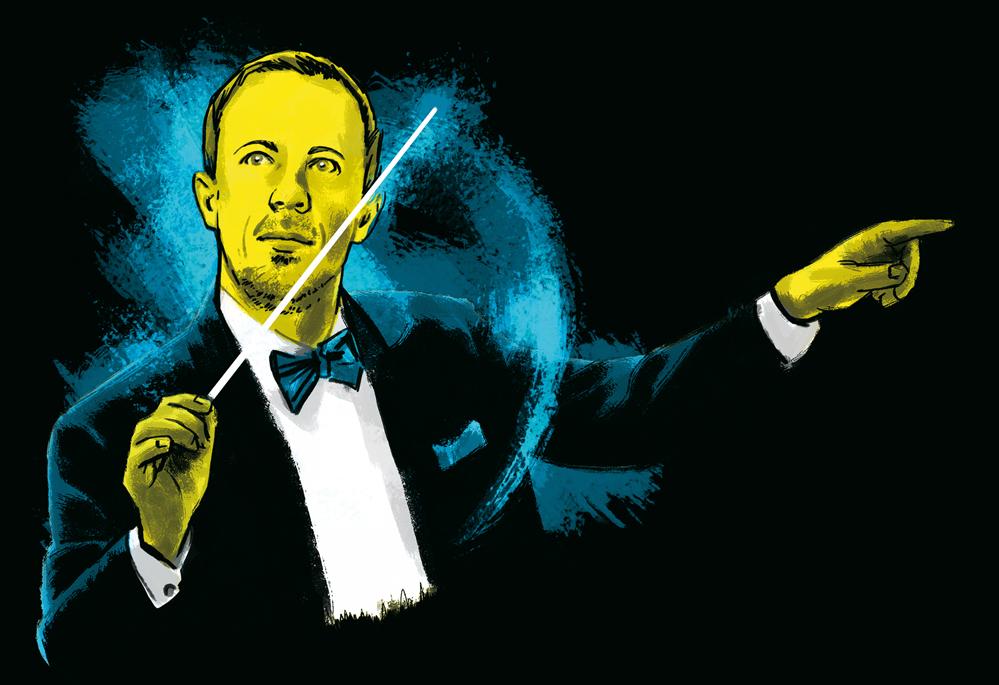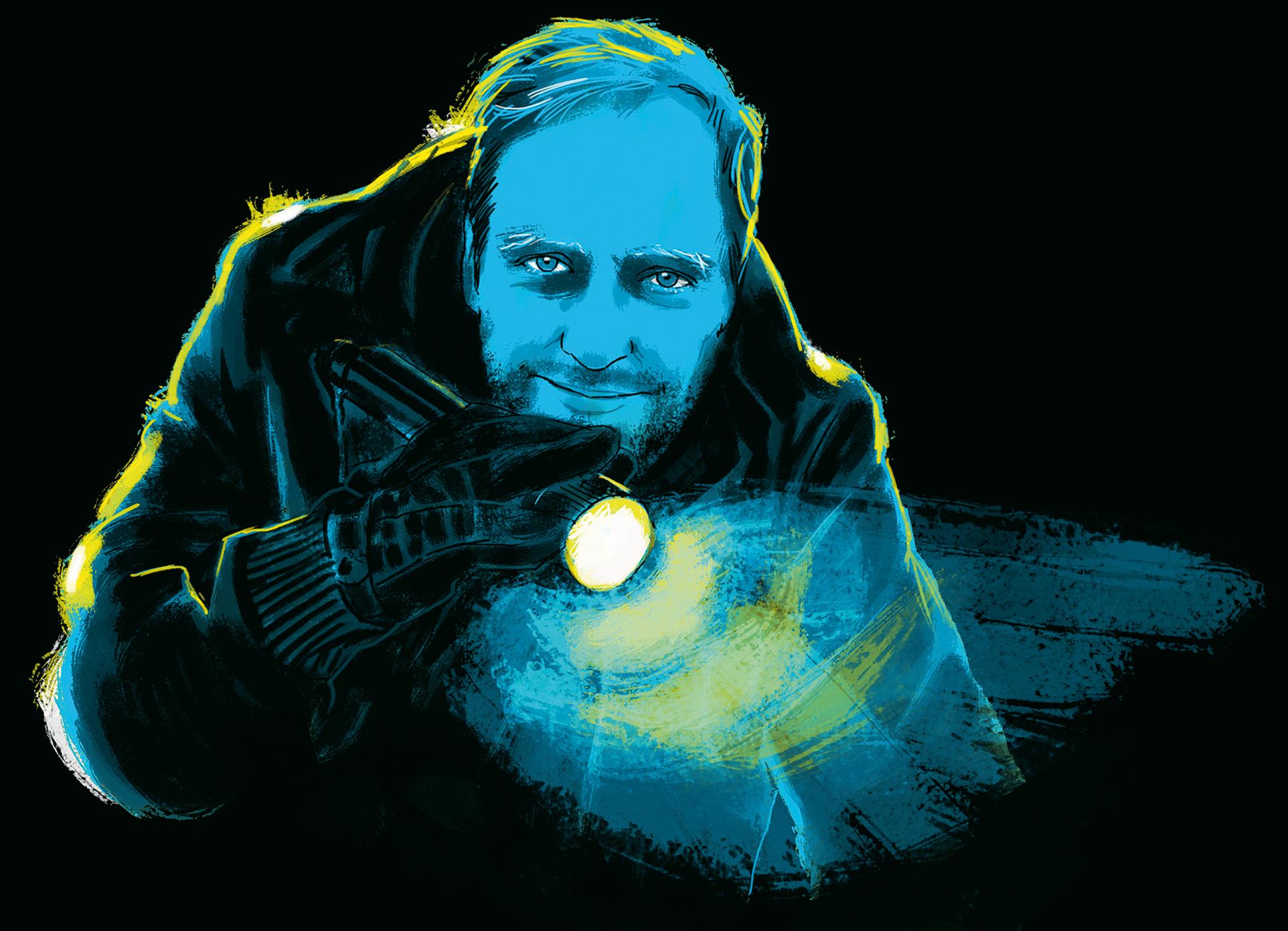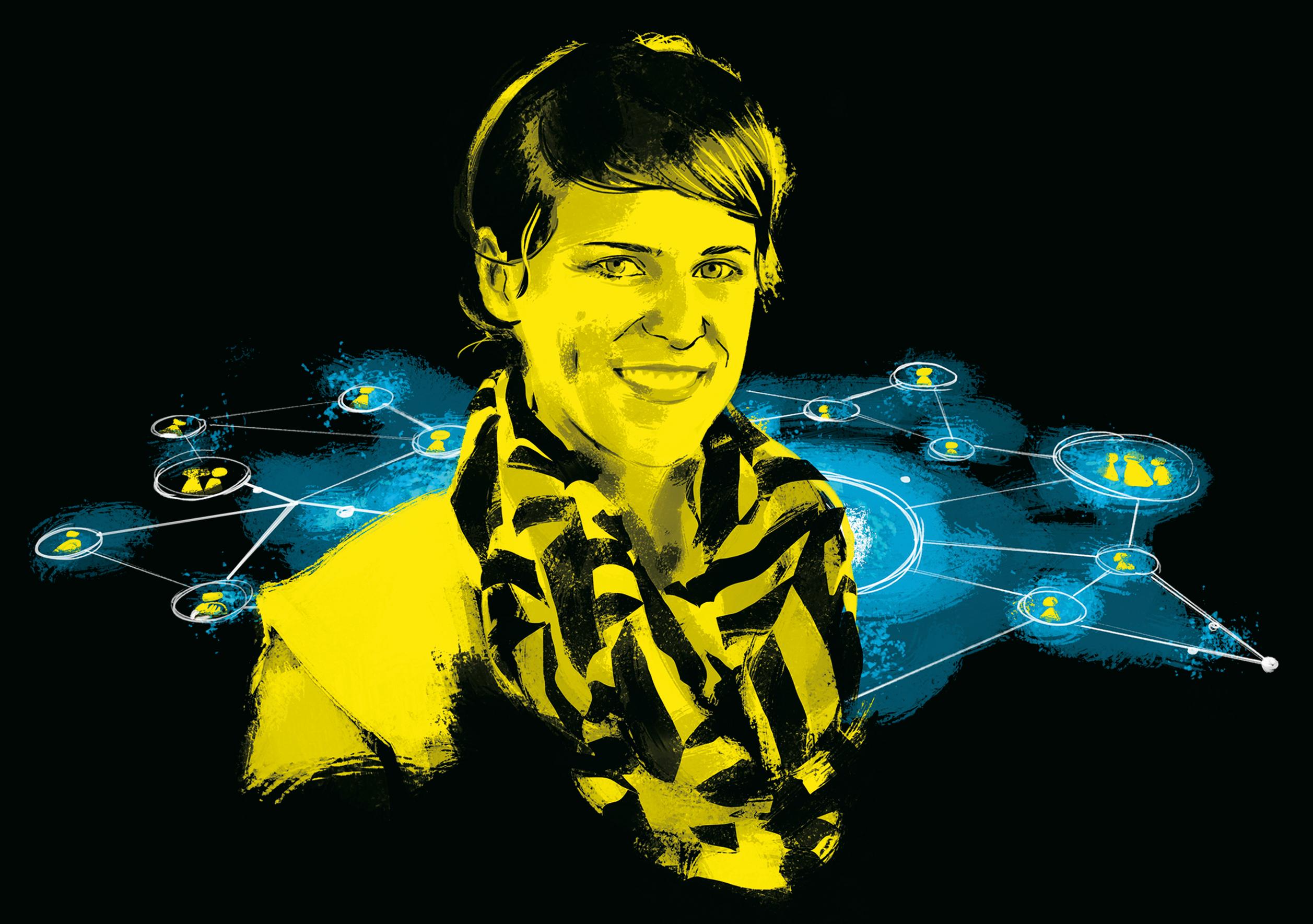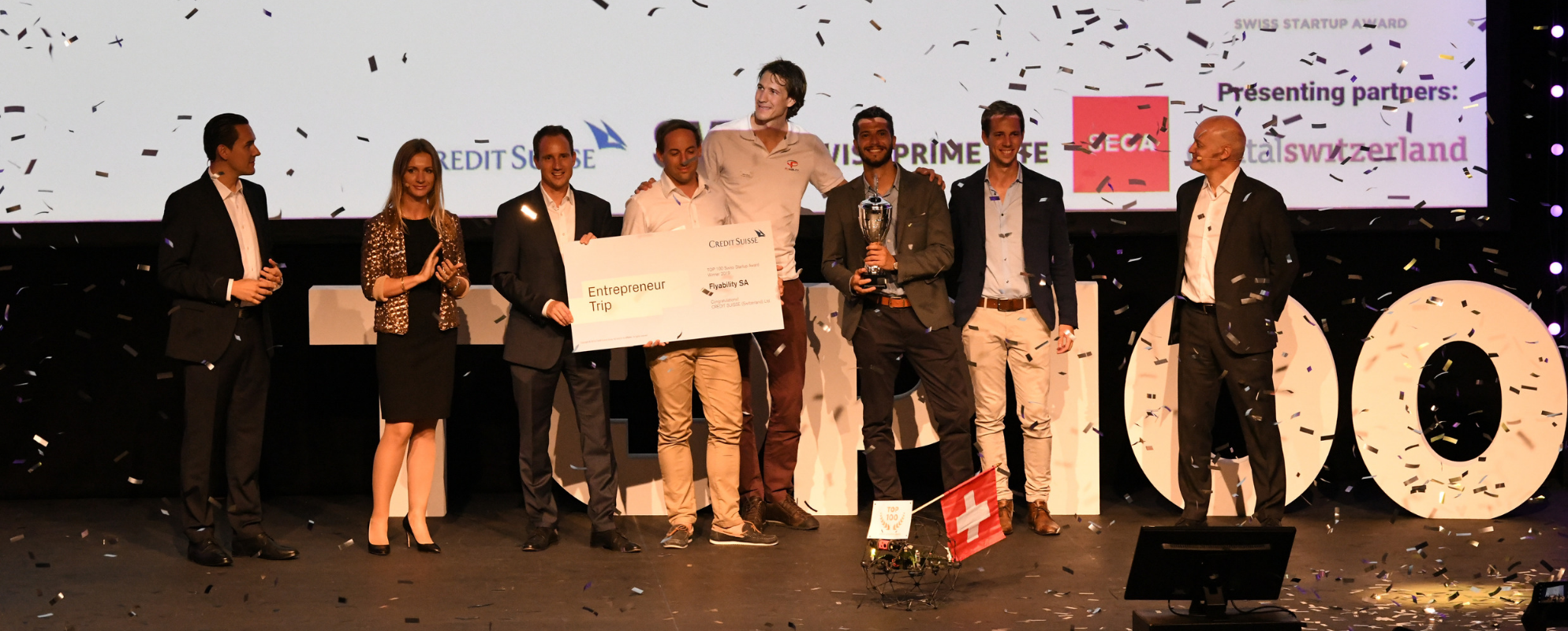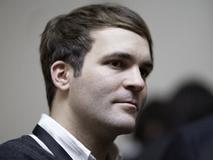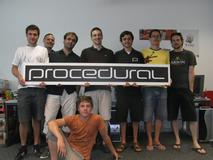Climbing the corporate ladder seems to be a less and less attractive option for members of Generation Y. What's more appealing is the prospect of reaching a goal with like-minded people, making a difference and having a positive impact in the world. The startup ecosystem offers ideal conditions. The limits of technology shift daily, markets are literally limitless, and a growing number of big companies and investors now rely on tech startups. We talked with Dominik Tarolli whos startup Procedural got acquired by Esri.
A first milestone is reached with the first investment but further financing rounds follow as the startup is growing. The board of directors and management discuss the exit strategy. For the members of the founding team, ground-breaking decisions are needed. What would a sale of the company mean to me personally? Stay or go? Those who decide on a corporate career stay. So did Dominik Tarolli. In July 2011, U.S.-based ESRI, the world’s second-largest software company and a supplier of geo-information systems, acquired ETH spinoff Procedural. That startup caused an international sensation with its CityEngine package, which creates 3D urban environments.Dominik Tarolli - In the Lands of Dreams
 Fifteen rainy days instead of 150,” Dominik Tarolli enthuses, “that’s the difference between the weather here and the weather in my home town of St. Gallen.” But permanent holiday weather or not, he gets up every working day at 4:30 am and drives on Interstate 10 to Redlands and the headquarters of Esri, a provider of geographic information software with more than 4,000 employees.
Fifteen rainy days instead of 150,” Dominik Tarolli enthuses, “that’s the difference between the weather here and the weather in my home town of St. Gallen.” But permanent holiday weather or not, he gets up every working day at 4:30 am and drives on Interstate 10 to Redlands and the headquarters of Esri, a provider of geographic information software with more than 4,000 employees.Tarolli, his wife and two children have been living in the greater Los Angeles area for seven years now. His business card says Director Smart Cities. He is on the second management level and manages a sales organisation with more than 80 distributors on five continents. The early days are far behind for Tarolli, but the product that he and his five co-founders developed back then continues to shape his everyday life. The CityEngine – software for the three-dimensional coding of houses, streets, and trees – is one of Esri’s tools for the film industry. The virtual urban landscapes in Hollywood blockbusters such as The Incredibles 2, Blade Runner 2049 or the Oscar-winning animated film Zootopia are based on knowledge developed at ETH and brought to market maturity by the spin-off Procedural in 2007. Esri acquired Procedural in 2011.
“My clients are less glamorous but just as exciting,” laughs Tarolli. His clients are predominantly urban municipalities. In good old Switzerland, the cities of Zurich, Geneva, and Lucerne, among others, work with CityEngine, turning maps into 3D views or blueprints into photo-realistic images. Graduate economist Tarolli who gained his start-up knowledge as a Venturelab employee could have stayed at Esri’s R&D location in Zurich’s Kreis 5, but he made the decision to move to southern California. “A dreamhouse with five bedrooms and a pool outside,” he says. “What more could you ask for?” For the 45-year-old Swiss from eastern Switzerland, the exit was synonymous with the start of a new life: “I feel as if I am going to Disneyland every morning and being paid for it.”
This article by Jost Dubacher with illustrations by Bianca Litscher was first published in the TOP 100 Swiss Startup Magazine 2019. The TOP 100 ranking was created by Beat Schillig and Jordi Montserrat in 2011. Each year 100 investors and experts choose their ten favorite young companies with the most promising business idea. The upcoming TOP 100 Swiss Startup Awards will take place in Zurich on September 9th, 2020.



